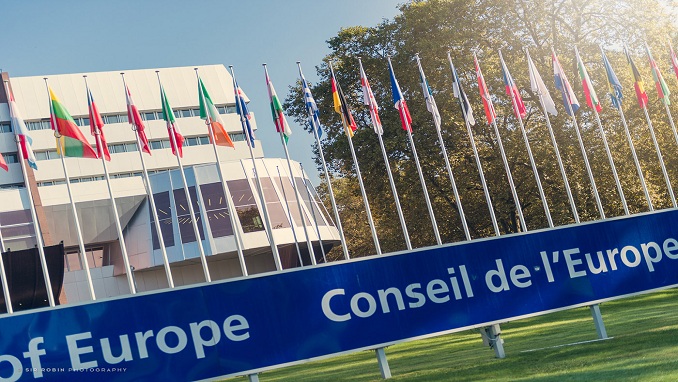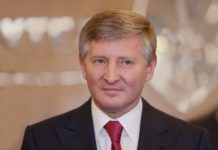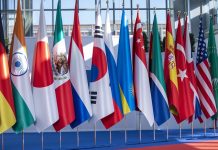Members of the Parliamentary Assembly of the Council of Europe (PACE) voted on Thursday in favor of extending the Russian delegation’s rights in the organization, a TASS correspondent reported.
A total of 107 members voted yes, 36 were against and 24 more abstained.
The text of the resolution notes worsening negative trends regarding democracy and human rights in Russia. The rapporteur voiced concerns over the constitutional amendments passed in Russia last year, saying that they give the Constitutional Court the right to recognize that the decisions of the European Court of Human Rights cannot be implemented. In addition, the provisions on protecting territorial integrity make it nearly impossible to iron out the Crimean issue.
Therefore, the document calls for abiding by the Venice Commission’s recommendations published last year. Meanwhile, the final document says that the support for this resolution does not mean the recognition of Crimea’s reunification with Russia.
The resolution also expresses concerns over the recognition as undesirable in Russia the activity of a French NGO, the Council of Europe’s Association of Schools of Political Studies, and also says that the work of other NGOs related to the Council of Europe was restricted. The document also calls on Russia’s authorities to release blogger Alexey Navalny detained over violating the terms of his suspended sentence under the Yves Rocher case and all those held during the rallies in his support.
The Ukrainian delegation jointly with representatives of the Baltic states and the United Kingdom tried to push an amendment under which the Assembly could again consider Russia’s rights at a session in June. The overwhelming majority of MPs did not back the initiative.
Ukraine’s delegation’s Head Maria Mezentseva, a member of the presidential party “The Servant of the People” initiated the discussion on challenging the Russian delegation’s powers on Monday. Her request was supported by 38 participants from at least five different national delegations, which was sufficient to submit the issue to the PACE monitoring committee. At the same time, 61 parliamentarians opposed the initiative.
Earlier in the day, Deputy Speaker of the State Duma (lower house) Pyotr Tolstoy warned that Russia’s delegation to the Parliamentary Assembly of the Council of Europe (PACE) would leave the organization if the powers of Russian MPs were limited. “Today, this Council of Europe’s hall is the only platform for a mutually respectful and equal dialogue between European countries and the largest country in Europe – Russia,” the Russian MP said, stressing that in case its powers were limited the delegation would “leave this platform, as it had done in 2014.”
“If we leave, a number of delegations will face problems with finding someone to blame,” Tolstoy said ironically. “There will be far fewer interesting discussions in this hall. I don’t even know what they’re going to do.” According to the deputy speaker, the attacks by Ukrainian and Georgian representatives are understandable as the countries’ authorities “used force against their citizens, used the army and, of course, lost those territories forever, which they always regret.”
Tolstoy called it “absolutely unacceptable to insult the country, one of the assembly’s delegations and Russian President Vladimir Putin in this hall.” “This is unacceptable, taking into account the pluralism of opinions, there should be at least some culture,” he stressed.












